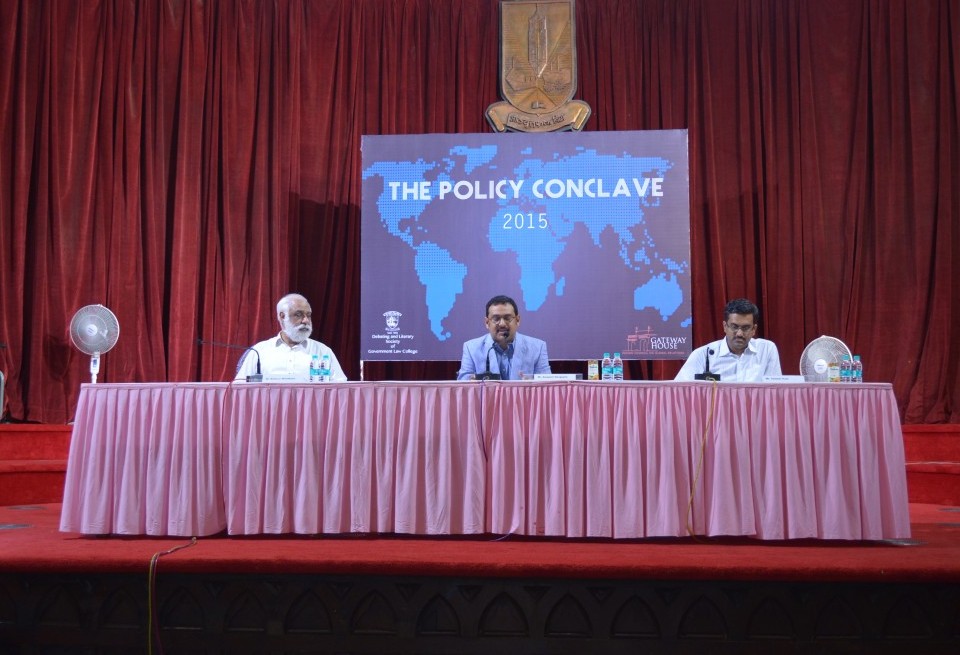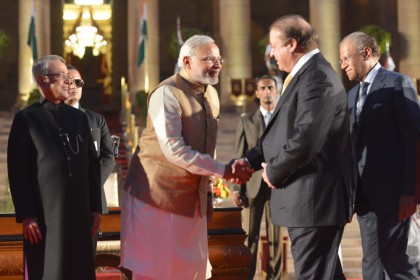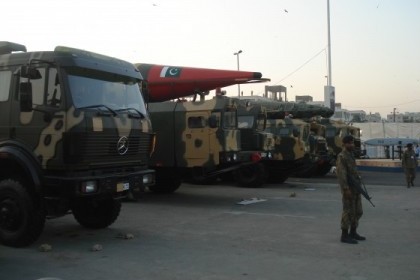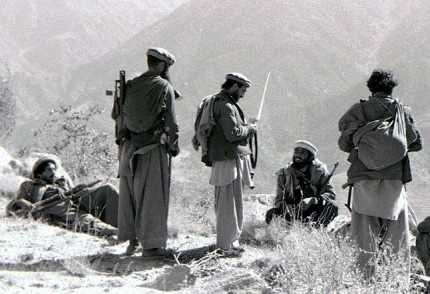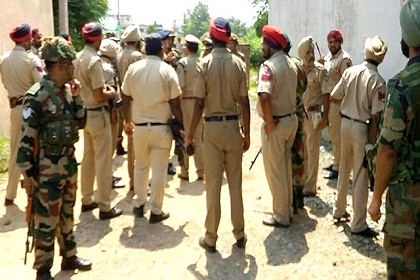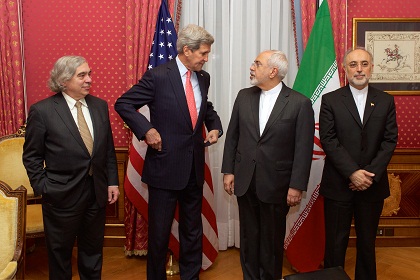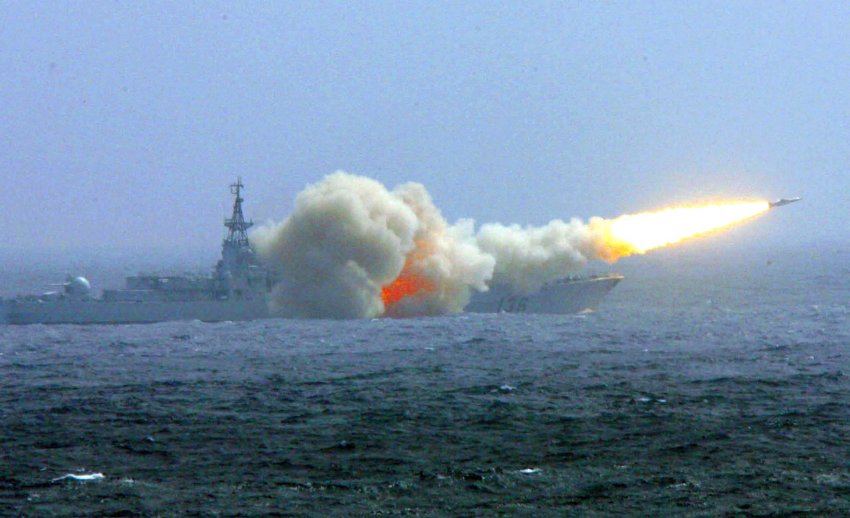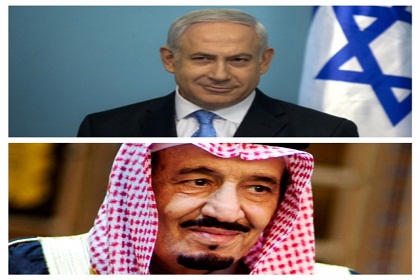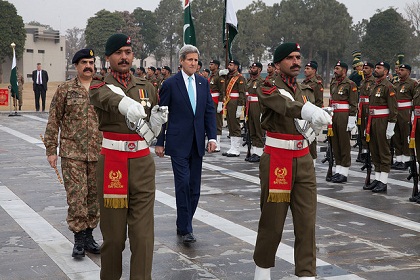GLC Policy Conclave 2015 – Session 2 Transcript
GLC Policy Conclave Session 2: Contemporary Trends in Global Terrorism Anupam Dasgupta (AD): Terrorism as we all know is criminal violence and a lot more. Is it just criminal violence or is it somewhat different from murder and assault Read more

